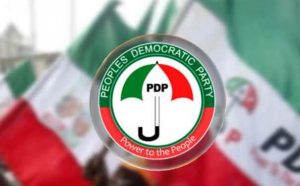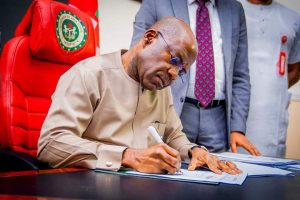Former CBN Governor Lamido Sanusi Unveils Visionary Solution to Petrol Subsidy Crisis

Lamido Sanusi, the 14th Emir of Kano and former Governor of the Central Bank of Nigeria (CBN), has expressed his perspective on how to address the petrol subsidy removal crisis.
He believes that reducing the nation’s dependence on petrol will be the long-term solution to this issue.
Speaking at the Distinguished Lecture Series of the Nigerian Institute of International Affairs (NIIA) in Lagos, with the theme “Resetting the Nigerian Economy for a Brighter Future,” Mr. Sanusi emphasised that in the short term, the most effective approach to offset the removal of fuel subsidies is through cash transfers. These transfers, he noted, can vary significantly in terms of their reach and coverage.
However, the long-term solution, according to Mr. Sanusi, lies in reducing the country’s dependence on Premium Motor Spirit (PMS), also known as petrol. He stressed the importance of Nigerians gaining a comprehensive understanding of the nation’s economy, as many currently lack this understanding.
Mr. Sanusi underlined the need to bring economics into public discourse as part of the effort to reset the Nigerian economy. He also emphasized the importance of recognizing the influence of politics on economic matters, stating that an economy is shaped by the ideological orientation of those in control of the state.
He further highlighted that the multiple exchange rates in the country are problematic but are sustained because politicians benefit from the disparities. According to Mr. Sanusi, this disparity undermines economic principles.
Mr. Sanusi argued that civil society bears some responsibility for the current economic situation and that governance is a crucial aspect to consider when resetting the economy.
He called for a change in approach, noting that continuing with the same policies and strategies will not lead to different outcomes.
On the subject of Nigeria’s gross domestic product (GDP) and debt ratio, Mr. Sanusi stressed that Nigeria faces a substantial revenue challenge.
He suggested that one solution to the country’s fiscal issues is to enhance revenue generation and improve the country’s image to attract investments.
Mr. Sanusi also underscored the fact that while oil is a significant resource, it is not sufficient to make the nation rich. Instead, it should serve as working capital to enable the development of other industries.
Nigeria’s oil production per person is significantly lower compared to other oil-producing nations, which underscores the importance of diversifying the economy.
In conclusion, the Director-General of NIIA, Eghosa Osaghae, recognised Nigeria’s potential as an endowed nation and Africa’s largest democracy. He expressed optimism that the country could overcome its challenges and lead the way for others in the region.
Source: Premium Times





